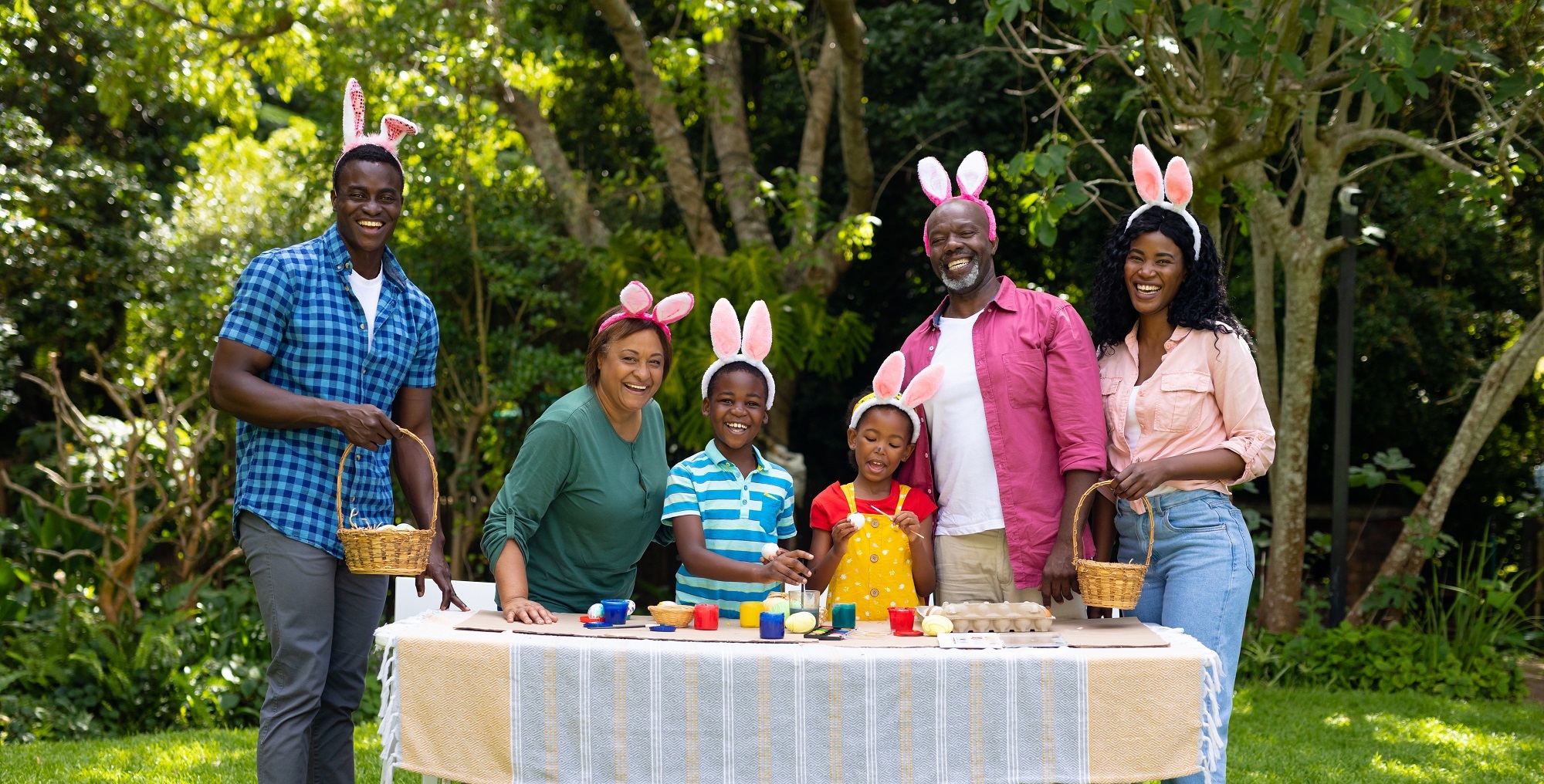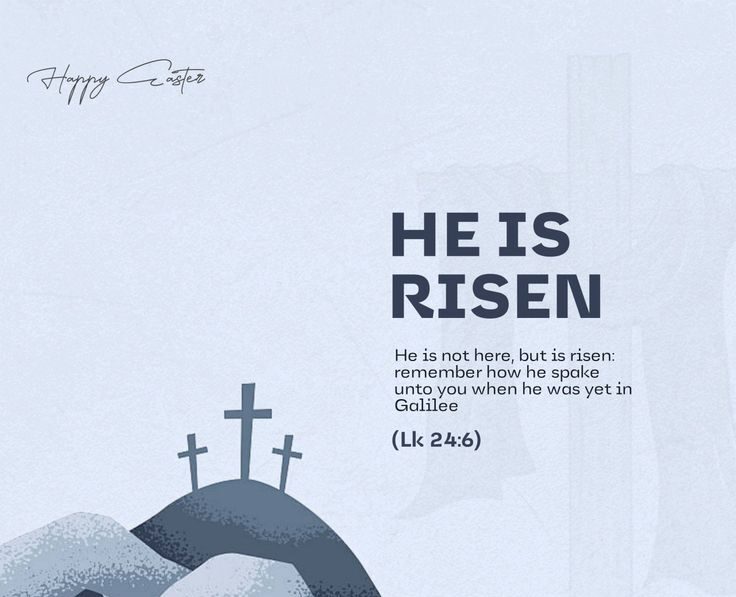Frugality : Economic consumption
Bigger, better, crunchier, tastier, faster, improved, saves time… the list of catchy words used by advertisers to market their new products is endless. New gadgets and products are flooding the


Bigger, better, crunchier, tastier, faster, improved, saves time… the list of catchy words used by advertisers to market their new products is endless. New gadgets and products are flooding the market at a faster rate than most people can keep up with. In a world where consumerism thrives, it can be difficult to apply age-old virtues like frugality.
Consumerism basically refers to a social and economic principle that promotes the attainment of goods and services in ever-greater quantities. On the flip side, frugality is the quality of being frugal, that is being careful about spending money or using things when you do not need to. It’s being economical in the consumption of consumable resources, which may include money, food and even time.
Frugality advocates for avoidance of waste, lavishness or extravagance and is not to be confused with being a miser, which is reluctance to spend for the purpose of hoarding money or other possessions. So why be frugal, apart from the obvious reason that you will able to save a great deal?
Frugality enables us to build self-discipline. By learning to be in charge of how much and how often we spend, we develop self-discipline. We are then able to clearly distinguish between wants and needs and hold off obtaining wants until they are affordable. We don’t have to have things now! This self-control and self-discipline trickles down to other areas of our lives as well.
Being frugal also enable us to embrace who we really are. Consumerism has us believe that we are defined by what we buy. In essence, you are not what you own. Being frugal enables you to face up to this reality and possibly search for more meaningful sources of personal worth by looking inward. Instead of acquiring things to make you feel better, you are in a better position to develop habits and traits that make you a better person.
In fact, one of the habits you could develop in relation to this is, as much as possible, buying things that are useful and while doing so teach yourself the value of saving over spending to show-off. While it is not wrong to enjoy life and indulge once in a while, there are many things we spend on that we could do without. In addition, we should also learn to value and take care of what we already own in order to avoid having to purchase new things on a regular basis.
An important aspect of being frugal is not taking more than what you need – not because you can’t afford it, but because you want to leave more for everyone else. You don’t have to help yourself to things you don’t need just because they are free or being sold at a ‘throw-away’ price. That would be being cheap, not frugal.
Frugality is a broad topic that applies to different areas of our lives including our time, words, thoughts and actions. Consider the many times we waste on activities that are not meaningful in any way, the times we use words that hurt others, our indulgence on thoughts that cause us distress or make us angry, envious or fearful. It’s crucial for us to become more conscious of how we live each moment, how we use our words and our time, to be mindful of waste and watchful of how we spend our money.
Reflections
I have learned to seek my happiness by limiting my desires, rather than in attempting to satisfy them.
John Stuart Mill (1806 – 1873), British philosopher, political economist and civil servant
Frugality is one of the most beautiful and joyful words in the English language, and yet one that we are culturally cut off from understanding and enjoying. The consumption society has made us feel that happiness lies in having things, and has failed to teach us the happiness of not having things.
Elise Boulding (1920 – 2010), Quaker sociologist, and author
Can anything be so elegant as to have few wants, and to serve them one’s self?
Ralph Waldo Emerson (1803 – 1882), American essayist, lecturer, and poet,
There is no dignity
quite so impressive,
and no independence
quite so important,
as living within your means.
Calvin Coolidge (1872 – 1933), Thirtieth President of the United States
He who will not economize will have to agonize.
Confucius (551 BC – March 9, 479 BC), Chinese teacher, editor, politician, and philosopher of the Spring and Autumn period of Chinese history
I have three precious things, which I hold fast and prize. The first is gentleness; the second is frugality; the third is humility, which keeps me from putting myself before others. Be gentle and you can be bold; be frugal and you can be liberal; avoid putting yourself before others and you can become a leader among men.
Lao Tzu (604 BC – 531 BC), Philosopher and poet of ancient China
And while over-indulgence destroys the virtues, frugality destroys the stronghold of vice.
St. Neilos (died 430 AD), One of the disciples and fervent defenders of St. John Chrysostom
Your thoughts
It’s great to enjoy life and the fruits of our labour. No one should live a poor or miserable life in the name of helping others or denying themselves worldly pleasures. That said however, we also need to learn to not only how to live within our means but also how to help our fellow man and not live only for ourselves. We don’t exist to make ourselves happy and everything we have is temporary.
Regina Nandi, 34, Human resource officer
Published in November 2014.





